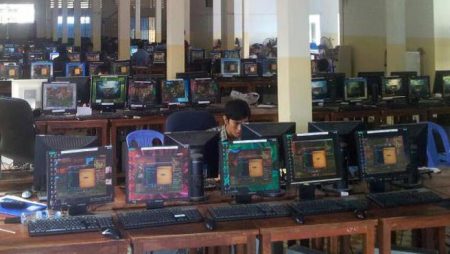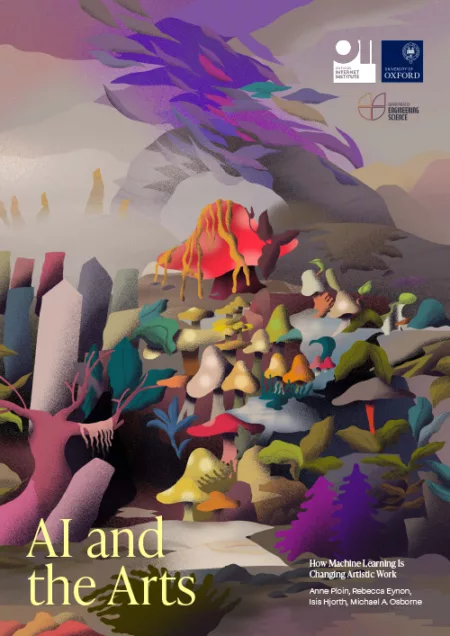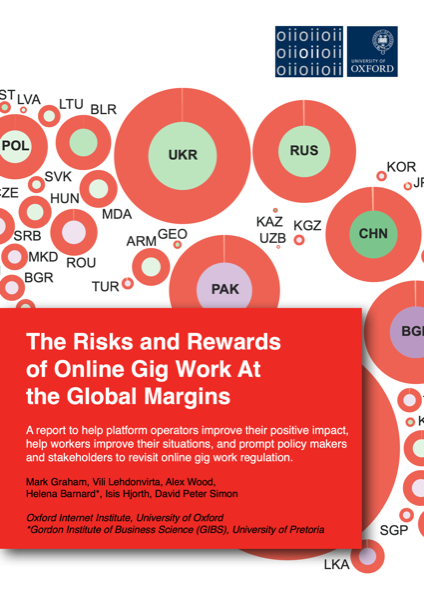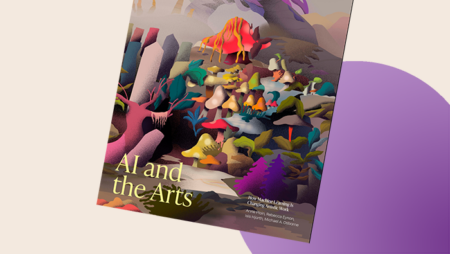
Microwork and Virtual Production Networks in Sub-Saharan Africa and Southeast Asia
This project aims to understand the implications of gig economy and online freelancing for economic development.
Isis Hjorth is a Researcher at the OII. She is a cultural sociologist, who specialises in analysing emerging practices associated with networked technologies. She completed her AHRC-funded DPhil (PhD) at the OII in January 2014. Her thesis “Networked Cultural Production: Filmmaking in the Wreckamovie Community” was an ethnographic study of four crowdsourced feature films, tackling the emergence of distributed collaborative production models spanning the boundaries between non-market and market-orientated production. Grounded in critical sociological theory, it examined the division of labour, and theorized the dynamics of the various forms of capital enabling the realisation of these novel forms of cultural goods.
Isis is currently working on the project “Microwork and Virtual Production Networks in Sub-Saharan Africa and Southeast Asia” investigating the economic and social implications of new forms of economic activities in the context of ICTs for development. Before that Isis was involved with research on learning and interaction in MOOCs, and on participatory digital tools for artistic production.
In 2010/11 Isis was awarded AHRC SLI grant under the Beyond Text programme enabling the delivery of a two-day international conference on Remix Cinema, and various related public engagement initiatives.
Trained in the social sciences as well as the humanities, Isis holds a BA and MA in Rhetoric from the Department of Media, Cognition and Communication, University of Copenhagen, and an MSc in Technology and Learning from the Department of Education, University of Oxford. Prior to joining the academic community, Isis worked in broadcast journalism and screenwriting in her native Copenhagen.
Networked cultural production, virtual labour, microwork, crowdsourcing, digital ethnography, creative industries, critical sociology, symbolic capital, global inequalities, crowd-based learning, ICT for development.

This project aims to understand the implications of gig economy and online freelancing for economic development.
This project examines the extent to which social learning can be supported in the large online crowds of MOOCs.
The overarching goal of this project is to propose a typology that describes the nature of learner interactions in MOOCs that develops our understanding of how learning takes place in such settings.
By Anne Ploin, Rebecca Eynon, Isis Hjorth, and Michael A. Osborne
There has been much talk about the potential of AI, but could it really transform the creative arts?

By Mark Graham, Vili Lehdonvirta, Alex Wood, Helena Barnard, Isis Hjorth, and David Peter Simon
Gig work is becoming increasingly important to workers living in low- and middle-income countries. This report argues for changes in platforms, regulation, and activism to strengthen those worker’s rights and improve their working conditions.


3 March 2022
There has been much talk about the potential of AI, but could it really transform the creative arts?
4 March 2019
28 February 2019
Gig economy platforms causing “unpaid labour” among workers in developing world
8 November 2018
Online labour platforms that connect freelance workers and clients around the world are emerging as an alternative to traditional offshoring, according to new Oxford Internet Institute research.